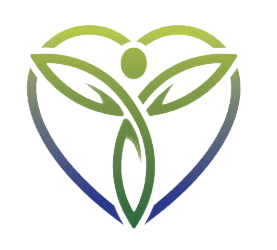A personal & professional view of medical-aid-in-dying |
Details
Categories
All
|
Garden of Change mailings become your new & better tool because they are info-rich.
Help your psycho-spiritual staff meet your MCoP bereavement responsibilities
efficiently, so they can better do the needed one-on-one work they love...
Help your psycho-spiritual staff meet your MCoP bereavement responsibilities
efficiently, so they can better do the needed one-on-one work they love...
Copyright Garden of Change ® Bereavement Program © 2014 to 2023

 RSS Feed
RSS Feed
